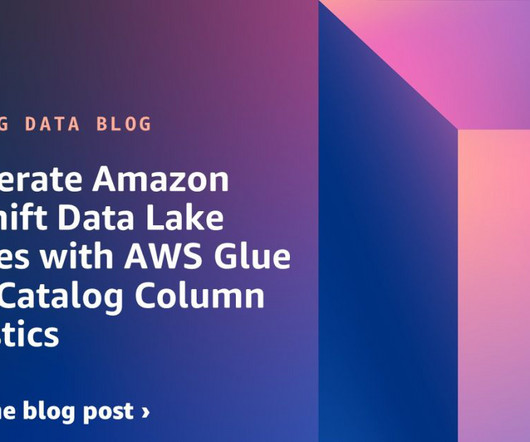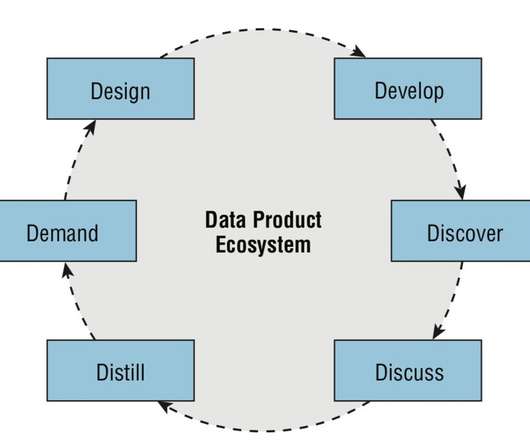Three Emerging Analytics Products Derived from Value-driven Data Innovation and Insights Discovery in the Enterprise
Rocket-Powered Data Science
JULY 19, 2023
I recently saw an informal online survey that asked users which types of data (tabular, text, images, or “other”) are being used in their organization’s analytics applications. The results showed that (among those surveyed) approximately 90% of enterprise analytics applications are being built on tabular data.














Let's personalize your content